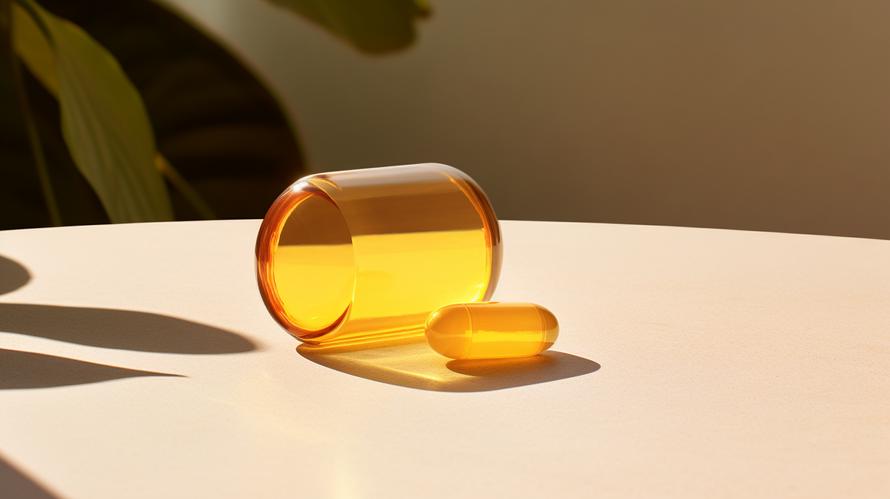Every woman knows the struggle of dealing with vaginal infections, but did you know that something as simple as boosting your vitamin D intake could help prevent this uncomfortable issue? Vitamin D, a vital nutrient that plays a crucial role in many bodily functions, has been found to aid in the fight against vaginal infections like bacterial vaginosis (BV). Specifically, those with low levels of vitamin D are more susceptible to this infection. And with BV affecting nearly one in three reproductive-aged women, it’s definitely worth considering how improving your vitamin D intake could make a difference for your vaginal health.
In the University of Pittsburgh’s study, researchers discovered that there was an interesting connection between vitamin D levels and the likelihood of developing BV. The study focused on pregnant women in particular, as BV can cause complications like premature delivery – the leading cause of neonatal mortality. While the research is still preliminary, the findings indicate that maintaining healthy vitamin D levels may play a role in preventing infections like BV.
But before you start downing bottles of vitamin D supplements, it’s essential to understand the importance of moderation. “We don’t recommend pregnant women take mega-doses of vitamin D based on these findings,” says Lisa M. Bodnar, Ph.D., M.P.H., R.D., assistant professor of epidemiology, obstetrics, and gynecology at the University of Pittsburgh. Instead, she suggests that women “should talk with their doctor if they have concerns about their vitamin D status” and focus on maintaining a healthy diet and prenatal vitamin use during pregnancy.
So, if you’re not pregnant, what can you do to boost your vitamin D levels and potentially reduce your risk of BV? There are a few simple ways to ensure you’re getting enough vitamin D, and they don’t require dramatic changes to your lifestyle.
First, spend time in the sunlight. When your skin is exposed to sunlight, it naturally produces vitamin D. Just make sure not to overdo it – you don’t want to run the risk of sunburn or skin damage. Aim for 15-20 minutes of sunlight on your face and arms a few times a week.
Next, include vitamin D-rich foods in your diet. Some excellent sources of vitamin D include fatty fish like salmon, tuna, and mackerel, as well as fish liver oils. Other food sources of vitamin D include beef liver, cheese, and egg yolks. Fortified foods like milk, orange juice, and cereals can also help increase your vitamin D intake.
While supplements can be helpful, make sure to consult with your healthcare provider before starting any new supplement regimen. They can recommend the appropriate dosage based on your specific needs and help you monitor your vitamin D levels to ensure they’re within the optimal range.
In addition to the potential benefits against BV, vitamin D has numerous other health benefits. Adequate vitamin D levels are essential for bone health, as it aids in calcium absorption and supports the maintenance of bone density. Vitamin D also plays a role in immune system function by helping to modulate both the innate and adaptive immune systems. Maintaining a healthy level of vitamin D can help support general health and wellbeing.
It’s important to remember that there is no magic bullet for preventing vaginal infections, but improving your vitamin D intake could help lower your risk. Keep in mind that while maintaining healthy vitamin D levels is a good start, it’s also crucial to practice proper hygiene, wear breathable cotton underwear, and avoid activities that can throw off your vaginal pH balance, like douching or using harsh soaps down there.
In conclusion, boosting your vitamin D intake by enjoying some sunlight, eating vitamin D-rich foods, and considering supplementation (with your doctor’s guidance) could contribute to maintaining your vaginal health and reducing your risk of infections like bacterial vaginosis. Along with the many other beneficial effects of maintaining healthy vitamin D levels, better vaginal health is just another reason to focus on this vital nutrient.



